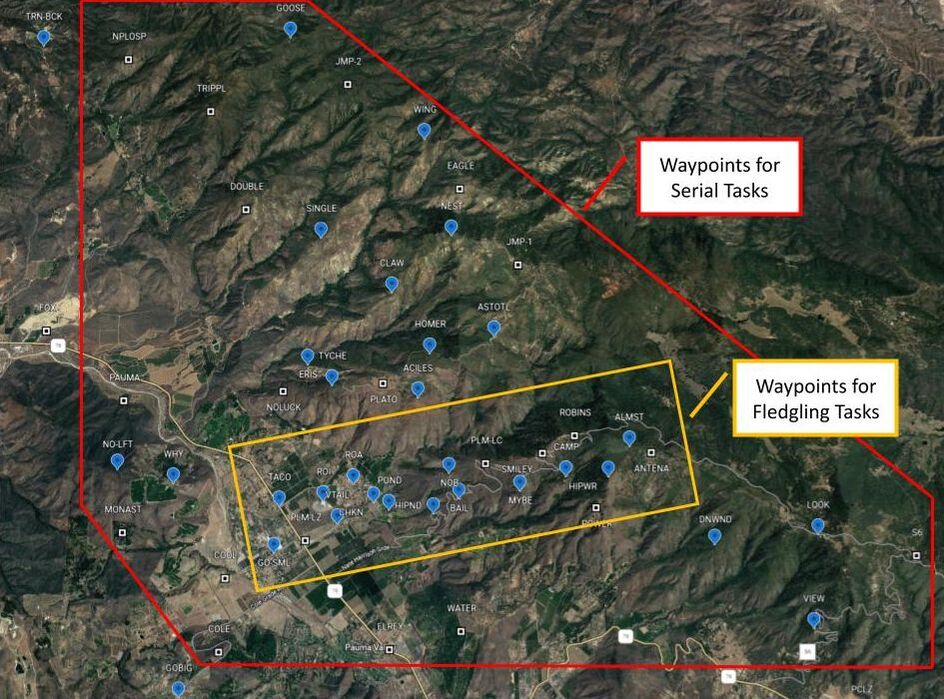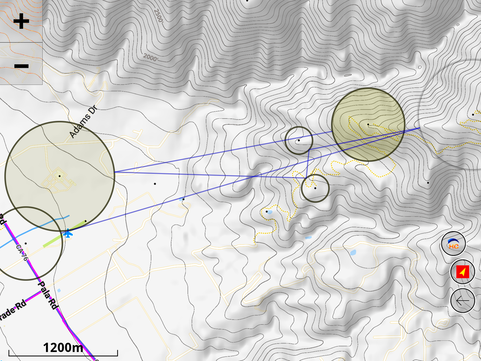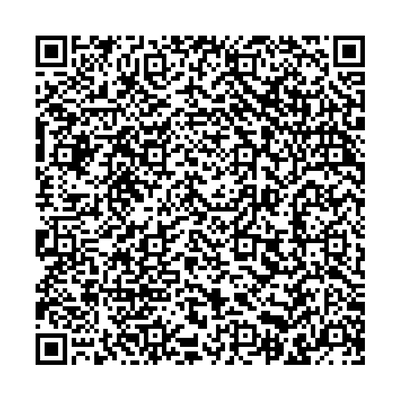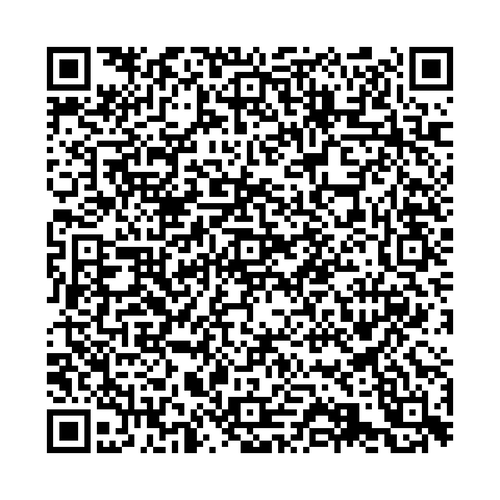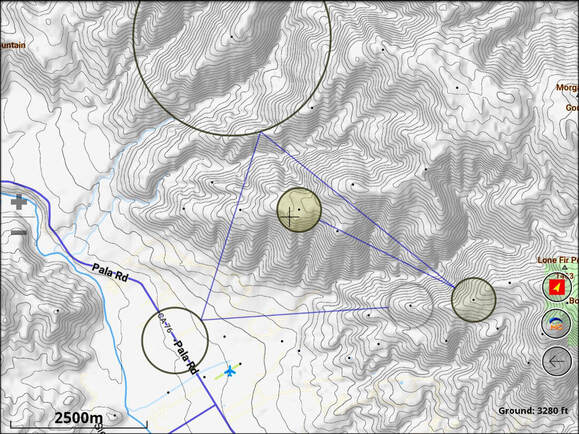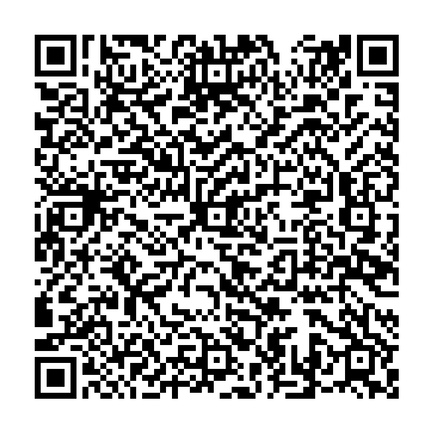New for 2023!
Draft Rev 12-30-2022
Palomar Point SeriesThe SDHGPA Palomar XC Point Series is an educational, task based, out and back style race-to-goal held at the Palomar Mountain paragliding site. The inaugural season will be held from January through April of 2023. It will run in two more seasons each (May-August and September-October) if there is continued interest in a year round contest. The series is free to enter for all SDHGPA Members as a membership benefit. Launch is the standard Palomar Mountain launch.
|
|
Palomar Point Series Purpose:
|
|
|
Palomar Point Series Classes:
|
For the first Point Series season, two classes of tasks for both PG and HG will be run to ensure that there are tasks appropriate for the full spectrum of mountain pilots:
|
|
Palomar Point Series Parameters:
|
|
|
Palomar Point Series Waypoints:
|
Waypoint files will be provided at the start of each year on the SDHGPA website. Waypoints eligible for Fledgling and Serial class tasks in 2023 are provided in the map above and files below depending on what file type your instrument requires. Let the Comp Committee know if you need another file type.
|
|
Palomar Point Series 2023 Task Committee:
|
Please send any constructive feedback on tasks, format, or other competition topics to Cameron Eibl. Unconstructive feedback may be sent via the Meme Chat. |
|
Palomar Point Series Tasks
|
Flyin and May 2023 - Fledgling Task
March 2023 - Fledgling Task
January/Feburary 2023 - Fledgling Task
Fly In and May 2023 - Serial Task
March and April 2023 - Serial Task
January/February 2023 - Serial Task
| ||||||||||||
|
Palomar Point Series Task Scoring Page
|
Registration and Scoring Links
|

